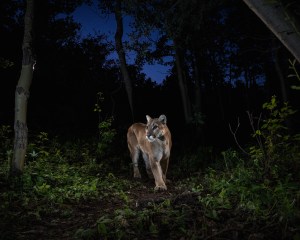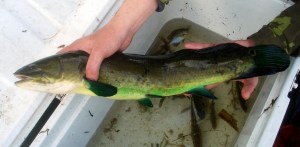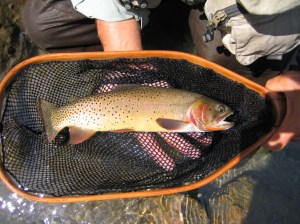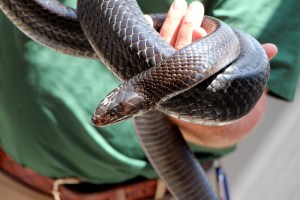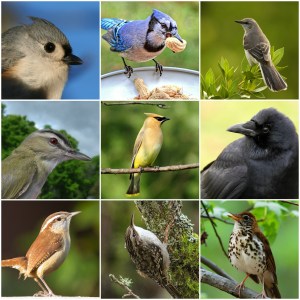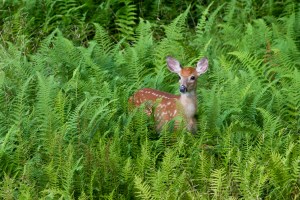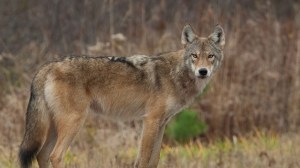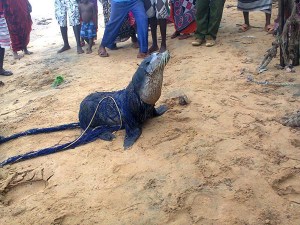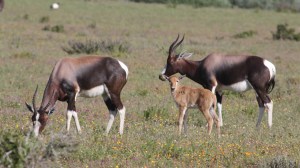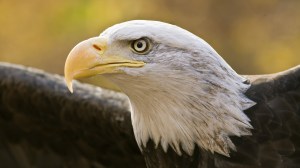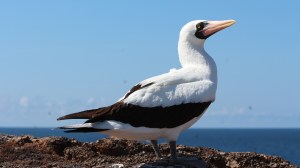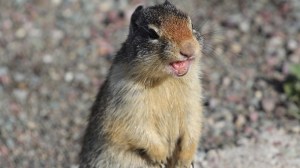Discover stories in Biodiversity
Camera Trap Meets Studio Lighting: Stunning Images and the Story Behind Them
Camera traps provide important scientific evidence of creatures that we seldom see, but the usual camera trap pictures are not quality wildlife art. Enter Jonny Armstrong.
Adventures with Bowfin, North America’s Underdog(fish)
The bowfin has proven tougher than T. rex. But is it tough enough to survive humanity?
Recovery: The Return of Native Fish, Victims of Bucket Biology
Restoring arctic char; they are rarely seen, even by anglers; they are furless, featherless and cold. But they are wildlife – ice-age relicts as important to our nation as California condors.
Indigos Return: A Florida Breeding Program Raises Eastern Indigo Snakes for Reintroduction
Meet the captive-bred eastern indigo snakes destined for release at the Conservancy’s Apalachicola Bluffs and Ravines Preserve.
Your Field Guide is Wrong: A Bird’s Eye View of the World
Birds see the world differently than we do, seeing a whole range of colors that are literally unimaginable to us.
Deer Management Solutions: It Takes a Village. Literally.
Our communities have a problem—one that is trotting on four hooves from woods and fields right into our neighborhoods at an astonishing rate: white-tailed deer.
Wolf? Coyote? Coywolf? Understanding Wolf Hybrids Just Got a Bit Easier
Gray wolf, red wolf, coywolf, coydog. Wild canine taxonomy can be confusing -- and often comes with a heavy helping of folklore. But what does the science really say?
This Fur Seal is 4,000 Miles From Home. Here’s Why.
A Subantarctic fur seal sets a new distance record. How did this critter get so far from home?
Bontebok Can’t Jump: The Most Dramatic Conservation Success You’ve Never Heard About
It's a story largely forgotten: Bontebok, an antelope endemic to the South African Cape, were once reduced to 17 animals. What saved them? The answer will surprise you.
The Best Places to See 10 Iconic American Animals
What better way to celebrate the July 4 holiday than with some iconic American animals. Here's our list of the best places to see some of the coolest critters in the US.
The Lessons of Epic Birding Failures
One birder recounts the lessons of epic birding failures.
Is Mammal Watching the Next Birding?
Aside from some highly recognizable species, most mammals are elusive, nocturnal and difficult to spot. And so keeping life lists of mammals has never caught on. But could a new book change that?
